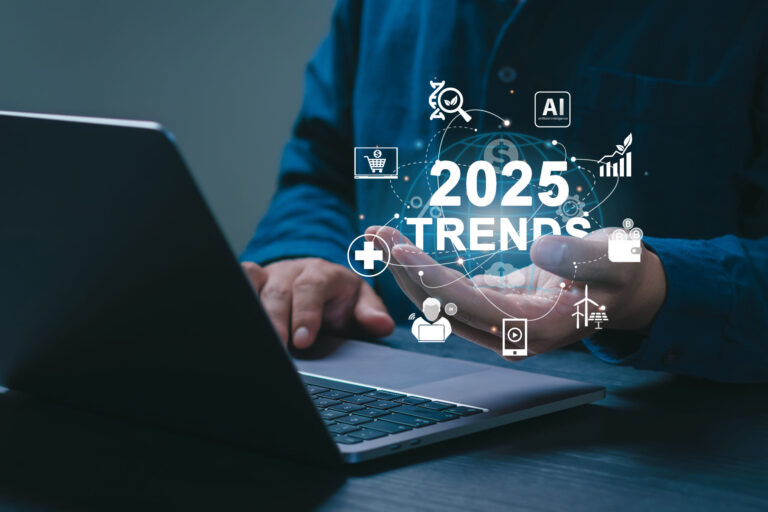
The demands on executive leadership have never been more complex than they are in 2025. From navigating economic volatility and AI adoption to addressing multi-generational workforce needs, today’s leaders must wear more hats than ever. Traditional leadership playbooks rooted in hierarchy and control are no longer effective in a world where agility, authenticity, and purpose drive value. According to Deloitte’s 2025 Global Human Capital Trends Report, businesses that empower human-centered leadership outperform competitors in engagement, innovation, and long-term growth.
Effective leadership in 2025 requires more than strategic thinking—it requires emotional intelligence, trust-building, and a willingness to evolve. Executives are expected to lead with empathy while maintaining performance excellence, foster inclusive environments while driving results, and balance innovation with operational discipline. This year, five key leadership trends are reshaping how organizations are led and how talent is engaged. These trends aren’t predictions—they’re essential practices for any leader who wants to remain relevant and impactful in the years ahead.
Top 5 Leadership Trends for 2025
1. Psychological Safety as a Performance Driver
Psychological safety—where employees feel free to speak up without fear of retaliation—is now linked directly to innovation, resilience, and team effectiveness. Research shows that teams with high psychological safety are five times more likely to be innovative. In 2025, leaders must proactively model humility, admit mistakes, and invite dissenting views. Leaders who create environments of trust unlock not just performance—but employee loyalty and discretionary effort.
2. Emotional Intelligence as Executive Currency
Emotional intelligence (EQ) has moved from a “soft skill” to a strategic differentiator. In hybrid and remote work environments, leaders who demonstrate empathy, self-awareness, and cultural sensitivity foster stronger engagement and collaboration. Studies find that 80% of successful executives rank high in EQ. In 2025, leadership excellence will be defined not just by what you know, but how well you connect, listen, and respond under pressure.
3. Agility and Decision Velocity
Speed is the new competitive advantage. With AI, data insights, and real-time market shifts influencing every industry, leaders must be able to make rapid decisions while staying grounded in values. Organizations that empower decentralized decision-making and create flexible, cross-functional teams are best positioned for growth. Agile leaders are more likely to lead high-performing teams. In 2025, resilience is built through adaptability.
4. Leadership at Every Level
Empowering leadership across all levels is essential for agility and innovation. Gone are the days when leadership was confined to the C-suite. In 2025, organizations are investing in scalable leadership development programs, enabling frontline managers, cross-functional collaborators, and emerging talent to take initiative. Companies like Google and Unilever are leading the charge by embedding coaching cultures and peer-to-peer development, ensuring leadership is both deep and wide.
5. Purpose-Driven Leadership
Purpose is no longer an abstract ideal—it’s a strategic anchor. Companies with clearly articulated purpose statements are more likely to attract top talent, gain investor confidence, and retain loyal customers. Today’s workforce, particularly Millennials and Gen Z, want to know not just what companies do—but why they do it. Leaders who connect daily operations to a broader mission inspire meaning, boost morale, and elevate long-term brand value.